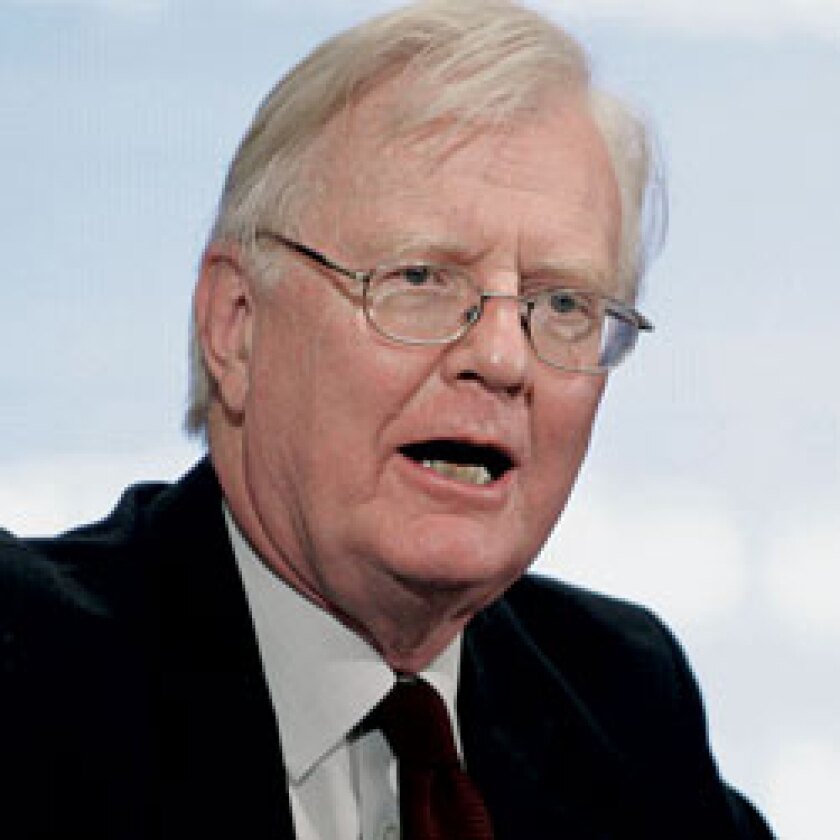Many poor countries that had looked close to hitting the Millennium Development Goals (MDGs) will be pushed off track by the global economic downturn and financial volatility, World Bank economists believe.
Only one third of developing countries look set to hit the UN targets – which measure countries’ poverty reduction and environmental sustainability – by the target date of 2015. These are primarily in the East Asia-Pacific, Europe and Central Asia regions.
Delfin Go, a senior development economist at the Bank, said the impact so far of the crisis that began in 2008 had not been as negative as expected. “Now the fear is what’s happening next,” he told Emerging Markets.
“What we fear, going forward, is what will happen to aid,” he said. While any drop in traditional aid may be compensated for by philanthropic donations, and revenues from emerging countries such as China, this created its own problems, he added.
“They have different procedures, different practices and you could see a lot of effort fragmented because everyone has a different way of doing it.”
Go said that while goals on poverty and education looked broadly on track, indicators on healthcare and sanitation looked off track.
He said the developing world was split into three groups, with the top third on track to meet many of the targets, the bottom third lagging behind, and the middle section around 10-20% behind the targets.
“The problem is that development indicators come with a big lag. So we worry about whether there will some negative effect [from the downturn]”, Go said. “And if food and fuel prices hit them again, we are worried what would be the impact.”
Jos Verbeek, lead economist for development economics at the Bank, said poor countries were more vulnerable than they were in 2008 because their budget deficits as a share of GDP were on average 2 percentage points higher. “Everyone has a little less room to play with,” he said.
The financial crisis has also acted as a brake on meeting the goals, by making it harder for countries to raise money. Tanzania recently cancelled a bond auction because the bids were too low, while Kenya shelved plans three years ago.
The ability to raise capital is important for governments that want to press ahead with long-term investment in schools, hospitals, electricity and transport that can contribute to achieving the MDGs, Verbeek said.
Rising food prices have complicated the picture. Some food-producing countries will benefit, but food importers suffer more – and that fuels tensions between rural and urban areas.
“If relatively high food prices [persist], then some of these old tensions that we had in the past, the urban-rural tensions, will come back,” Verbeek said.
Delfin Go said that cash transfers to provide food in schools could encourage parents to send their children to school and simultaneously help meet targets on both hunger and universal primary education.
Sir James Mirrlees, the Nobel laureate economist, agreed that food prices could contribute to urban violence and told Emerging Markets that one solution might be a global cash transfer system leveraged by the World Bank.
He said it was important to target the sections of the population that were affected by high food prices. “A successful transfer system is going to be associated with a rise in food prices,” he said.
“The transfer system should compensate middle- to low-income people, urban wage workers, so that they are not worse off and don’t start rioting. That means you will have to take more from the rich, but it is quite important to design these systems to take account of other people.”
